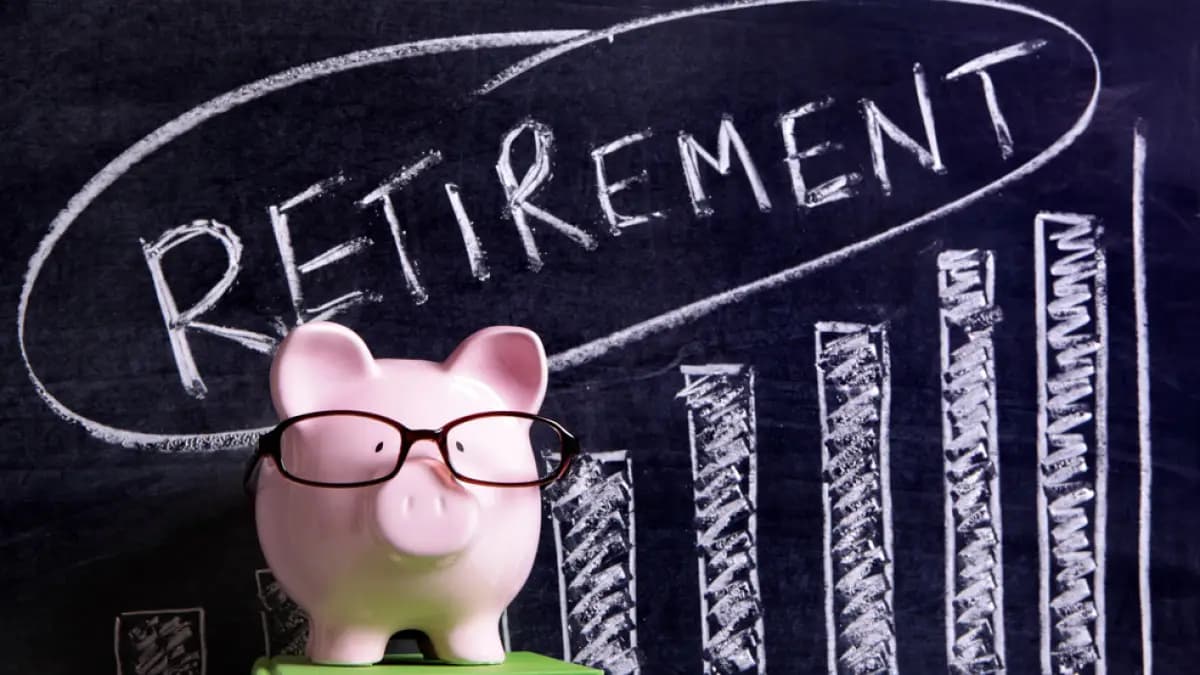5 Big Retirement Risks To Avoid
As many older people live well beyond their 80s in the country, it's critical to consider the risks that retirees should avoid for a stress-free life.
As many older people live well beyond their 80s in the country, it's critical to consider the risks that retirees should avoid for a stress-free life.

In the last two decades, India’s retirement planning has changed dramatically. As people are living longer owing to improved healthcare, they are trying to calculate the costs for their sustenance. Therefore, senior citizens need proper financial planning before outlasting their savings.
Here are five big risks retirees should avoid at all costs:
Advertisement
No interest or hobby risk: Explains Chenthil Iyer, founder and chief strategist, Horus Financial Consultants: “The biggest risk of retirement is not having something to retire to. Having enough money is one thing, but being able to engage in something one likes so that one’s time is well spent is totally different. Hence one should always develop a hobby or interest during the working period itself so that one may continue its pursuit afterward.”
Longevity risk: From 1920 onwards, India’s life expectancy has consistently increased, but it is still below the global average. India’s life expectancy was 35.21 in 1950. It is 70.19 in 2022, up 57 per cent, as per UN estimates. It has risen due to increased medical care, better diet, and healthier lives. The biggest concern for senior citizens here is outliving their savings. It is essential, under such circumstances, to plan one’s finances in a way that considers inflation, taxes, and future healthcare expenses.
Advertisement
Inflation risk: When inflation increases, purchasing power decreases. Buyers feel the pinch as it affects their finance. The country’s retail inflation has spiked to 7.41 per cent in 2022 and is scheduled to be released soon. Retirees or senior citizens need to take into account inflation before planning their savings or finances.
Healthcare cost risks: Medical care today is more about prolonging one’s life, but we need to add a ‘healthy’ and not ‘sick’ life here. Therefore, we should be in a position to ensure that we eat right and maintain a healthy lifestyle throughout our working life instead of burning ourselves out. Of course, that would be cheaper to maintain as well. This healthy lifestyle must include good food, nutrition, sleep, and exercise. But, you may ask, what does this have to do with the money?
“Prioritizing health may result in you not being able to get that prestigious promotion in your company. Or it might lead to a loss of incentives as you may not be successful in meeting a target! This kind of excess is what makes your lifestyle unhealthy and stressful, which leads to various kinds of diseases. Many of us earn our wealth by sacrificing our health, and eventually, we understand in a painful way that all that wealth cannot buy back the health we lost! Therefore we all must learn to put a cap on what we can earn subject to maintaining a healthy lifestyle. This will also prevent us from burning out and extend our active earning lifespan, thereby reducing the burden of inactive retirement!” adds Iyer.
Long-term care cost risks: As you age, you will need expenses for long-term care such as home health care, assisted living, and skilled nursing costs. India’s home healthcare market is on the rise, and it is expected to reach USD 36.1 billion by 2030, expanding at a CAGR of 19.27 per cent from 2022 to 2030, according to a recent research report by researchandmarkets.com. The market is being driven by increasing demand for improved healthcare care services, expanding geriatric population, a shift in trend from communicable to chronic diseases, rapid technological improvements, rising disposable income, and demand for cost-effective care services. Therefore, it is vital to do proper research and opt for long-term care insurance.
Advertisement
Turning 40 was a major milestone in his life. “I hadn’t started living until 40 but then the life before that taught me all that made the 40 after possible,” Misra said.
Senior citizens may want to sell their homes for various reasons, like shifting to another location, to get money for retirement, etc. However, they must be careful while selling their property
Without a bank account, life can be financially miserable, but having too many bank accounts can also make your life financially miserable. Do you want to know why?
Get all the latest stories delivered to your inbox
Advertisement
Get all the latest stories delivered to your inbox